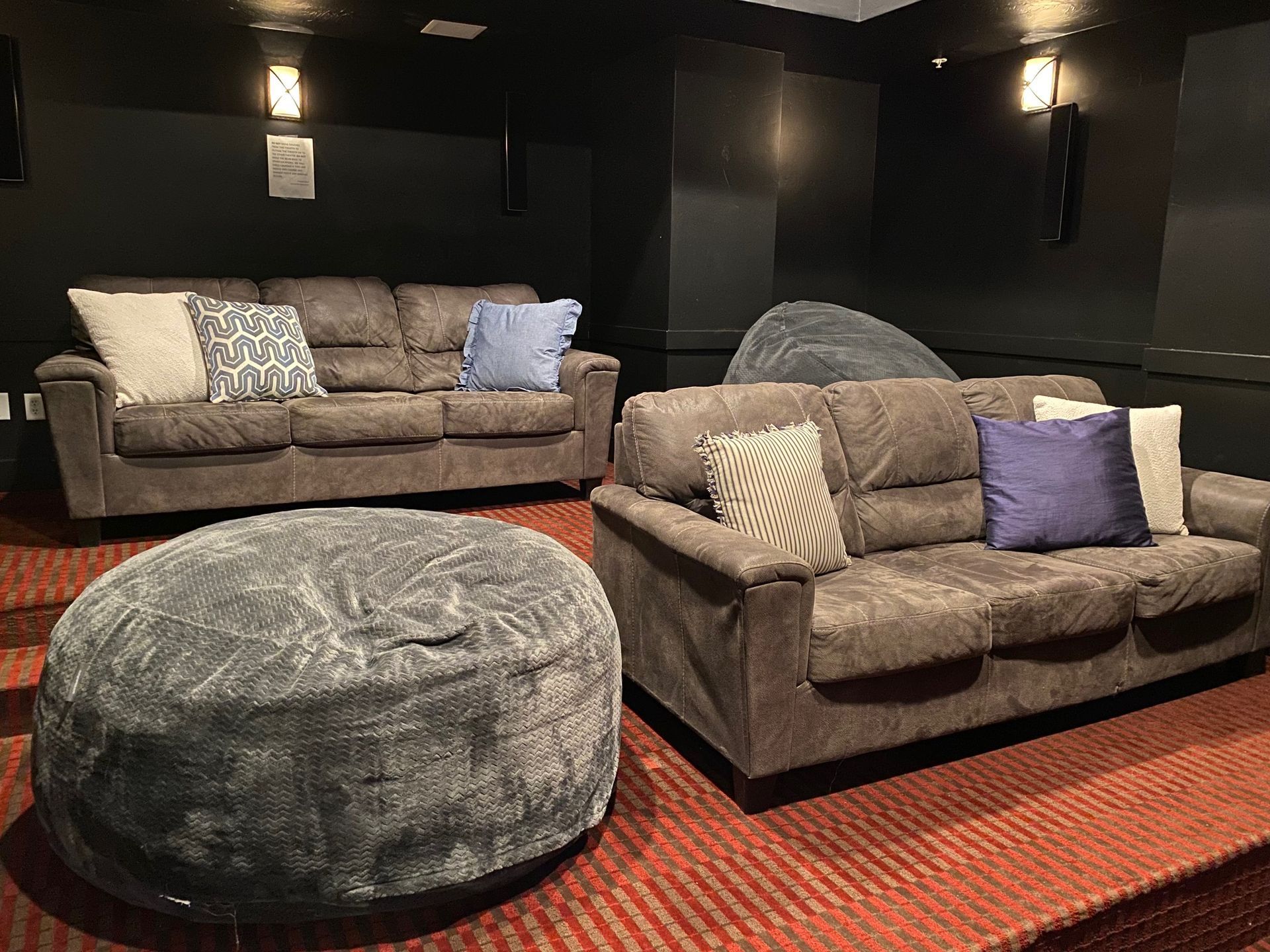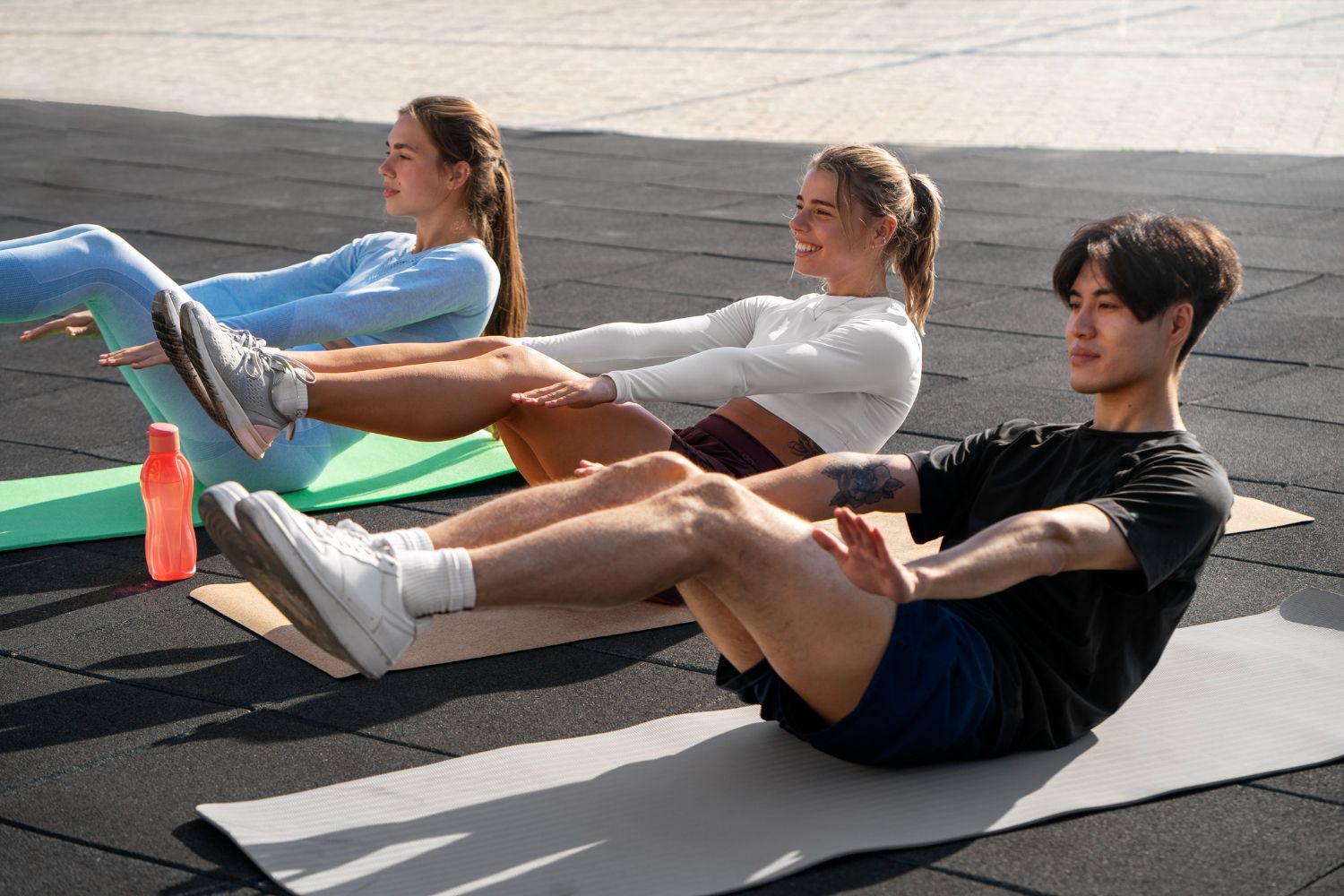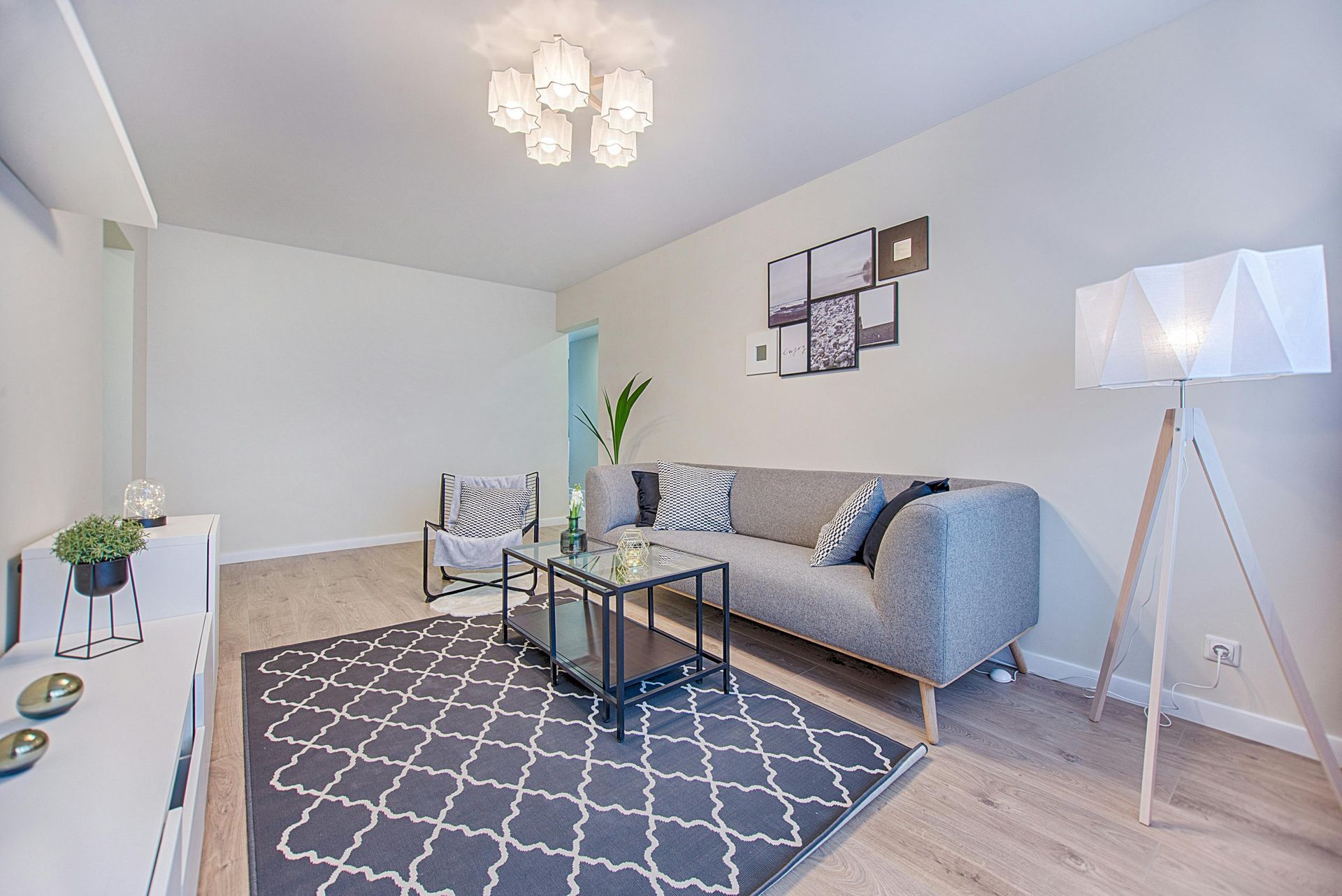Study Tips For Finals And Other Big Exams

Exams can be one of the most challenging parts of college. It’s easy to feel stressed when you have a major midterm or final coming up, but you have nothing to worry about if you’re prepared. Studying throughout the semester will help you retain information and ace your tests. Follow these study tips, so you can walk into each of your tests feeling confident while performing your best.
1. Prepare Early
Cramming is one of the most common study methods in college, but research has shown it to be ineffective at building long-term memory. If you cram for midterms, chances are you’ll forget the information by the end of the semester and have to relearn all of it for the final. Don’t save all your studying until a few days before an exam. Start preparing for tests as soon as the semester begins.
Take time after each class to review your notes, and maybe make some flashcards. Go over the notes and flashcards regularly throughout the semester. When you set aside a few minutes every day to study, you’ll build long-term memory. When it’s time for your exam, you’ll hardly have to spend any extra time studying because the information will already be stored in your brain. Your friends will be amazed at how well you’re able to do on your exams without cramming all night before a test.
2. Keep Your Learning Style in Mind
Everyone learns differently, so to best prepare for your exams, it’s important to know your learning style. You can use this information to study in ways that best help you. If you’re not sure of your learning style, think about what types of activities typically help you focus.
If you tend to remember details you saw on a diagram or visualization, you’re probably a visual learner. Kinesthetic learners like to be moving while learning. If you have a hard time sitting still while learning, this might be your learning style. Auditory learners remember things best when listening. An online quiz can help you determine your learning style if you’re still unsure.
Auditory Learners
Auditory learners should participate in group discussions when studying for tests. They also can benefit from speaking aloud while studying. If you’re an auditory learner, try explaining some of the concepts you’re learning to a friend. Any dialogue about the material will help keep the information in your head for the test.
Visual Learners
Visual learners should draw pictures and diagrams while studying for an exam. It can also help to color-code your notes. Find a whiteboard or large poster to create more space to turn your notes into visuals. When it comes time to take your test, you’ll more easily remember the information when you think back to the images connected to it.
Kinesthetic Learners
Kinesthetic learners should try to stay physically active while studying. Go for a walk while studying flashcards or make up hand motions to represent different concepts. If you have a study group, play a game of charades with terms and concepts that will be on your test.
3. Attend Office Hours and Review Sessions
Not enough college students take advantage of their professor’s office hours and review sessions. Attending office hours throughout the semester can help you learn the material, and sometimes your professor will give you some insight into which things you’ll want to focus on for the test.
Review sessions often cover exactly what’s on the test. Try to attend all review sessions while in college because you don’t want to pass up the opportunity to hear what you need to study.
4. Remember Your Physical Health
A common mistake college students make is sacrificing their physical health while studying for exams. Unfortunately, physical health plays a significant role in our brain’s ability to retain information. Your studying will be more effective if you’re also taking care of your body.
Sleep
Many different studies have found evidence that a good night’s sleep improves memory and reasoning ability, which are two things you’ll need plenty of during a test. It’s important to get a full night’s sleep following a study session because, during sleep, your brain processes the things you’ve been learning and creates memories. To ensure the material for your test sticks in your brain, make sure you’re getting a full 7-9 hours of sleep each night.
Nutrition
A healthy diet is important while studying because it can impact your energy levels. A diet high in sugary foods will lead to energy crashes. A diet full of whole grains, fruits, vegetables, and non-processed foods will help you maintain the energy you need to prepare for your exams. The last thing you need is a sugar crash right before a study session, or worse, right before taking your exam.
Exercise
Exercise promotes blood flow to the brain, which is why it’s important to stay physically active while preparing for a test. The additional blood flow helps with focus, recall, and reasoning ability. Exercising just before a study session or test can improve your performance significantly.
If your schedule is too busy to allow for separate exercise and study sessions, you can combine the two! Some people like to bring their notes or flashcards to the gym or hold a walking study group.
5. Take Breaks
Your brain requires time to process things you’ve learned. That’s why it’s important to take occasional breaks from studying to let the new information process and turn into long-term memories. Whether you take a nap, exercise, or chat with a friend, the time away from studying will actually help you retain more information.
Breaks can also help you relax when stressed, which is important while preparing for an exam. One study found that students who were overly stressed performed worse on their exams. So be sure to take breaks to do the things you enjoy and let yourself have fun. The mental health benefits of relaxing and enjoying yourself will help you feel more comfortable during the test.













